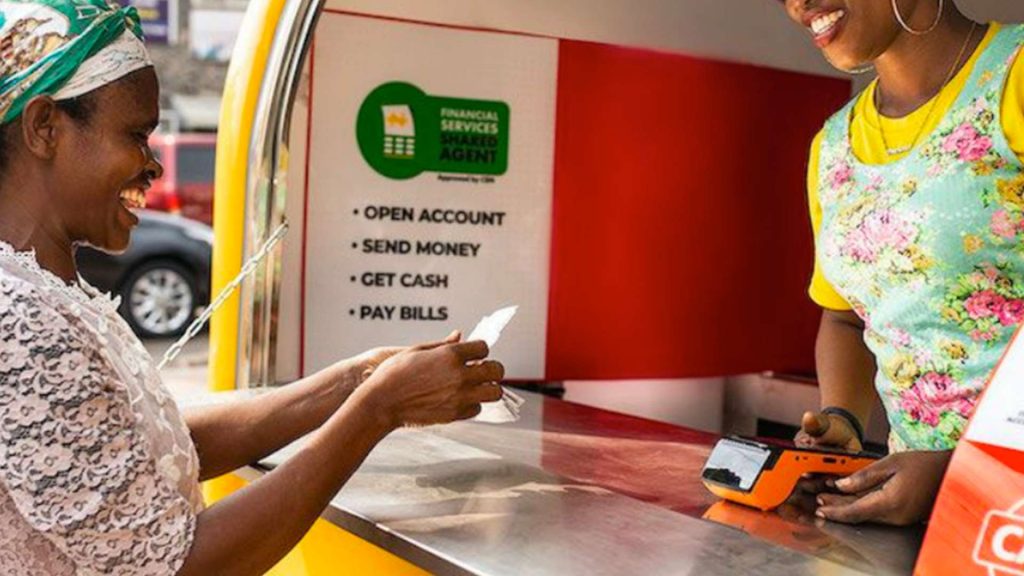Nigeria has made commendable strides in financial inclusion, seeking to integrate millions of unbanked and underbanked citizens into formal financial systems. However, a surge in digital fraud threatens to undermine this progress, raising concerns among individuals and small businesses about the safety of digital financial services.
Recent Financial Institutions Training Centre (FITC) data reveals a worrying trend. Fraud cases reported by Nigerian banks surged by 65% in Q3 2024, rising from 11,532 in Q2 to 19,007 in Q3. The amount involved in fraud also soared to ₦115.9 billion in Q3, a 105% jump compared to ₦56.6 billion in Q2.
In the first nine months of 2024, banks and their customers have lost an estimated ₦53.4 billion to fraud, a sharp increase compared to the ₦9.4 billion recorded in 2023. This escalation spans all platforms, with the rise in digital transactions amplifying vulnerabilities.

For Lagos-based trader Amaka Eze, digital banking turned into a nightmare when hackers stole ₦450,000 from her mobile wallet through a phishing scheme. Similarly, Ibadan farmer Daniel Ajayi lost ₦1.5 million overnight, despite keeping his ATM card and PIN secure.
Stories like these have eroded trust in digital platforms, deterring many Nigerians from embracing financial technology.
Nigeria plans to achieve 95% financial inclusion by the end of 2024. However, the increasing scepticism among potential users, particularly women and rural dwellers, poses a significant challenge. Limited financial literacy and inadequate fraud protection mechanisms make these demographics especially vulnerable.
The 2023 Access to Finance survey by Enhancing Financial Innovation and Access (EFInA) highlights persistent inequalities, with financial services use skewed towards urban areas, wealthier demographics, and males, leaving millions excluded from formal banking.
In response, the Central Bank of Nigeria (CBN) has mandated financial institutions to establish fraud desks to respond to alerts and minimize successful electronic fraud. Additionally, the National Economic and Financial Crimes Forum (NEFF), led by the CBN, has been set up to tackle fraud through proactive measures, fraud reporting, and data analysis.


